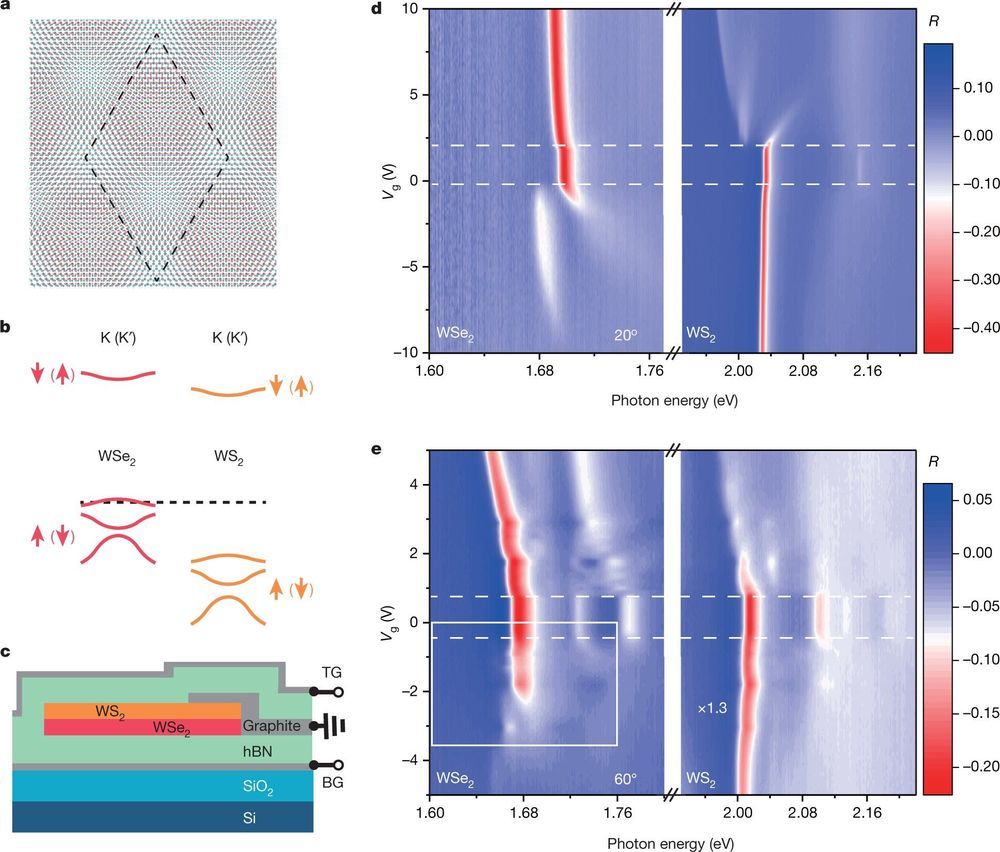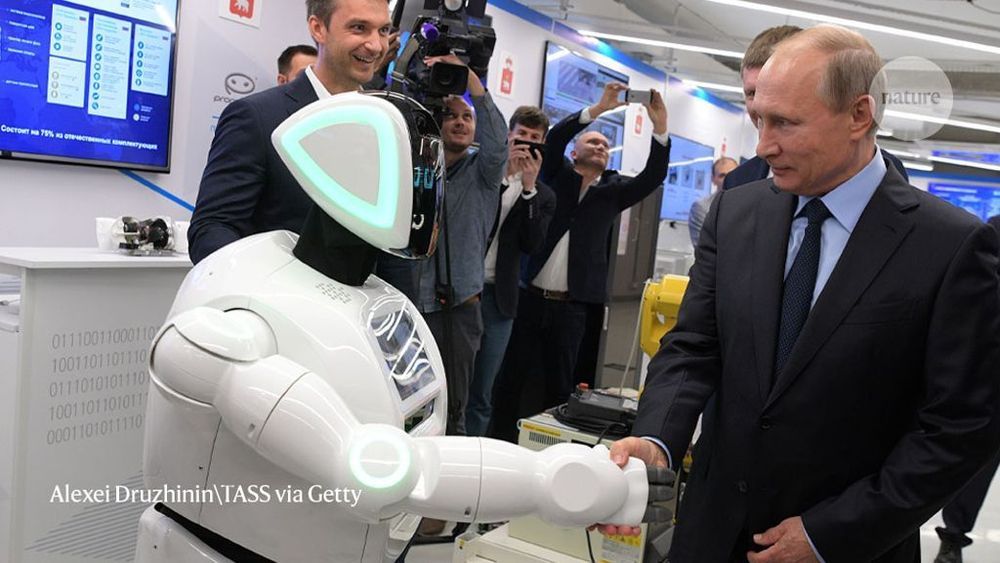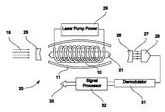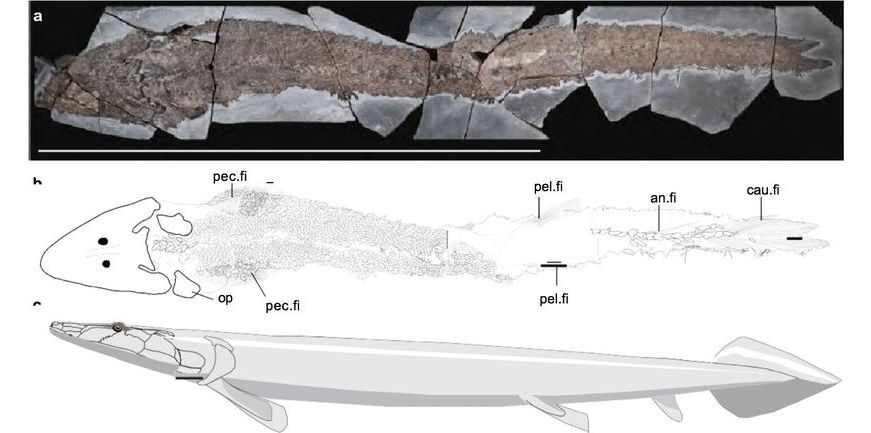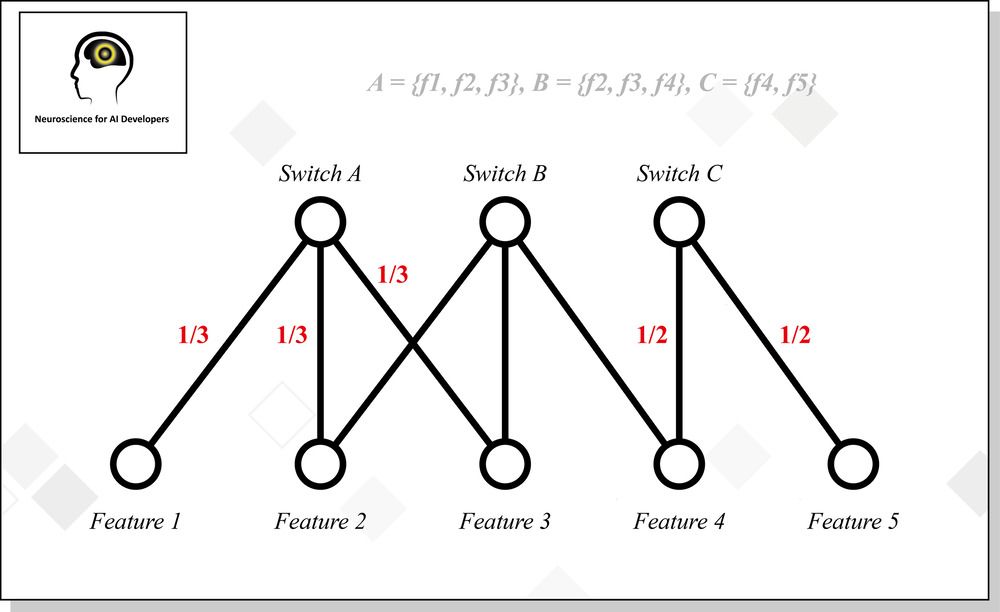Mar 19, 2020
Model simulator helps researchers map complex physics phenomena
Posted by Saúl Morales Rodriguéz in categories: particle physics, quantum physics
To understand the behavior of quantum particles, imagine a pinball game—but rather than one metal ball, there are billions or more, all ricocheting off each other and their surroundings.
Physicists have long tried to study this interactive system of strongly correlated particles, which could help illuminate elusive physics phenomena like high-temperature superconductivity and magnetism.
One classic method is to create a simplified model that can capture the essence of these particle interactions. In 1963, physicists Martin Gutzwiller, Junjiro Kanamori and John Hubbard—working separately—proposed what came to be called the Hubbard model, which describes the essential physics of many interacting quantum particles. The solution to the model, however, only exists in one dimension. For decades, physicists have tried to realize the Hubbard model in two or three dimensions by creating quantum simulators that can mimic it.
